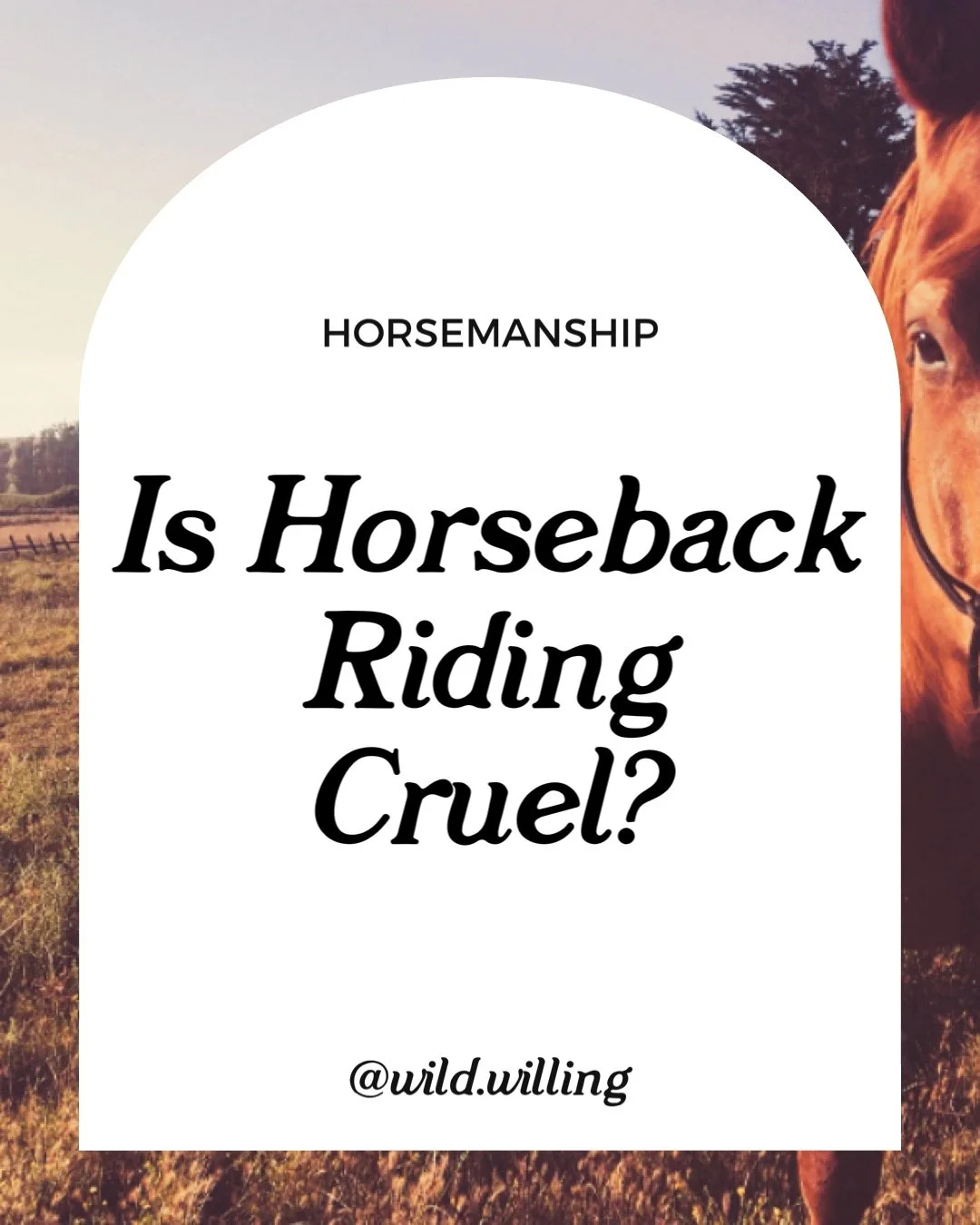Over the last decade I have essentially, voluntarily (and only figuratively, fortunately) been dragged away by wild horses. I wouldn’t be where I am today without their influence in my life. And I was not just influenced by any wild horses… but by American mustangs. They have taken on such a lead role in my life that lately I’ve come to reflect on my own story and wonder, what if mustangs are actually the main character?
What if my purpose on this planet is to support them in their hero’s journey?
If there is tension at the poll, (which there could be for any number of reasons, including poor saddle fit, pain from the bit, or even pain in the forelimb and feet) then the full range of movement of the poll joint and atlantoaxial joint will likely be obstructed. And thus, if the poll joint is restricted in its movement, the other cervical vertebrae will chime in to get the job done when the horse is being asked for lateral flexion (or vertical flexion and extension for that matter). That’s when we start seeing the horse tilting their head instead of turning (eyes unlevel), or refusing to bend period.
That’s why before simply expecting my horse can flex their head when I ask them from the saddle, or on the ground, I have started to do range of motion exercises to help the occiput, atlas, and axis stay in good shape.
Read MoreI wholeheartedly believe that being a horse person does not make you crazy. The problem is, being a horse person in the 21st century is crazy-making. Case in point: do you know how much it costs to keep a horse? In this century, in this climate, in this culture, horse-keeping is work, work, work.
But take heart, I (a good crazy horse person), have managed to keep horses for nearly 10 years on my own dime. I’ve learned some things along the way to ease the craziness, and I’m ready to share them with you.
Read MoreSetting boundaries is essentially an exercise in declaring “no means no” and “yes means yes”, while respecting and tending to boundaries requires great flexibility, compassion and grace to admit when we’ve crossed a line or relay to others when they’re crossed our thresholds without permission. Tending to boundaries means establishing with those around you that you genuinely mean what you say, and that your mind and your feelings are also subject to change, and that you are able to renegotiate your terms with others as your needs shift. The more consistently and compassionately you map your boundaries out to others, reinforce them when others respect them, and enforce them when they’ve been crossed, the more ease you’ll find as you can allow yourself to go along for the ride when you don’t need to direct much of your focus towards them.
Read MorePat Parelli was reportedly responsible for coining the term Natural Horsemanship, and in his book Natural Horse-Man-Ship, writes, “there are two types of horsemanship: natural and normal” (Parelli, Kadash and Parelli, 1993: 9). Parelli is one among a group of countless other popular clinicians and professionals that helped spread NH like wildfire across Europe and North America over the last three decades (Miller and Lamb, 2005).
Many popular NH clinicians site their knowledge being passed down to them from the legendary cowboy Tom Dorrance whose non-coercive methods of working with horses were far ahead of his time (Miller and Lamb, 2005). While research points to measurable success and efficacy of NH methods, (Fureix et al., 2009; Fowler, Kennedy and Marlin, 2012; Henshall and McGreevy, 2014), and prominent clinicians and trainers who promote themselves as NH advocates contribute great diversity to the field, there is a general misunderstanding as to what NH truly is… or even if it is anything at all.
Read MoreIs it ethical or not to ride horses? Within the horsemanship world, there tends to be two extreme positions, one which champions horseback riding, and another which denounces it as cruel. We as humans highly value an individual’s right to free will, but do we compromise the horse’s free will in order to ride them? Can we learn how horses themselves feel about being ridden? It’s time we ask, to ride or not to ride? That is the real question.
Read More





